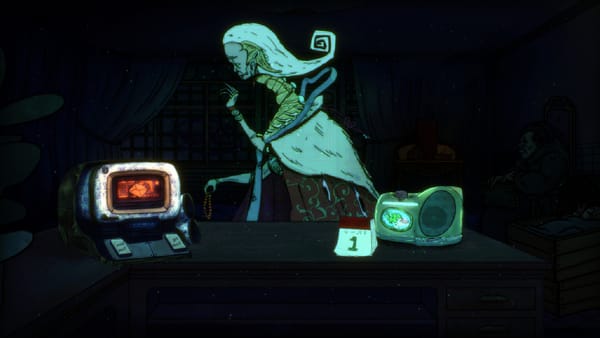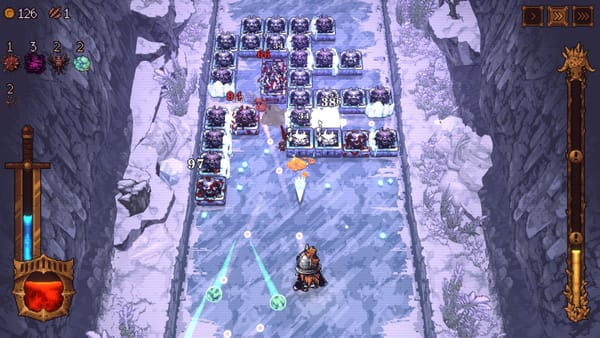What can last year's AGDA GOTY tell us about the future of game development?
Is the rise of the modern solo developer just a rehash of the same old story?
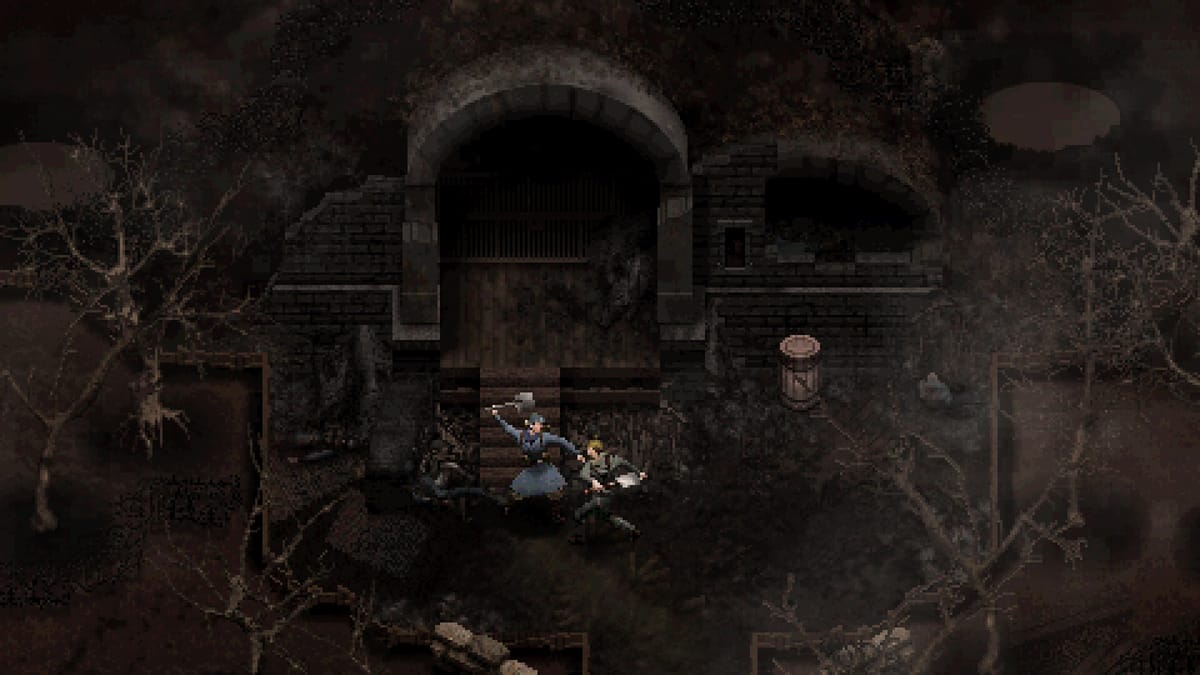
My guest for this issue of Multiplier is Craig Ritchie, the co-founder and director of Drop Bear Bytes. The Australian studio released the post-apocalyptic CRPG Broken Roads back in 2024. You can buy the game on Steam and you can follow the studio on X.
Fergus: At the time I’m writing this, Hollywood’s own awards season is in full swing and the same old usual questions get trotted out and applied to the fresh slate of films that are (or aren’t) nominated. What can this year’s biggest creative endeavors tell us about where we’ve been, where we are and where we are going?
Given how often video games get compared to movies, it’s not a huge shock that those same questions get applied to the victors of gaming’s own gauntlet of awards-led events, from the industry focused DICE Awards to the more marketing-driven Game Awards. Australia’s gaming scene even has its own such platform in the form of the Australian Game Development Awards (AKA the AGDAs). So, with that all said, what can last year’s Australian game of the year – CONSCRIPT – tell us about where the industry is going?
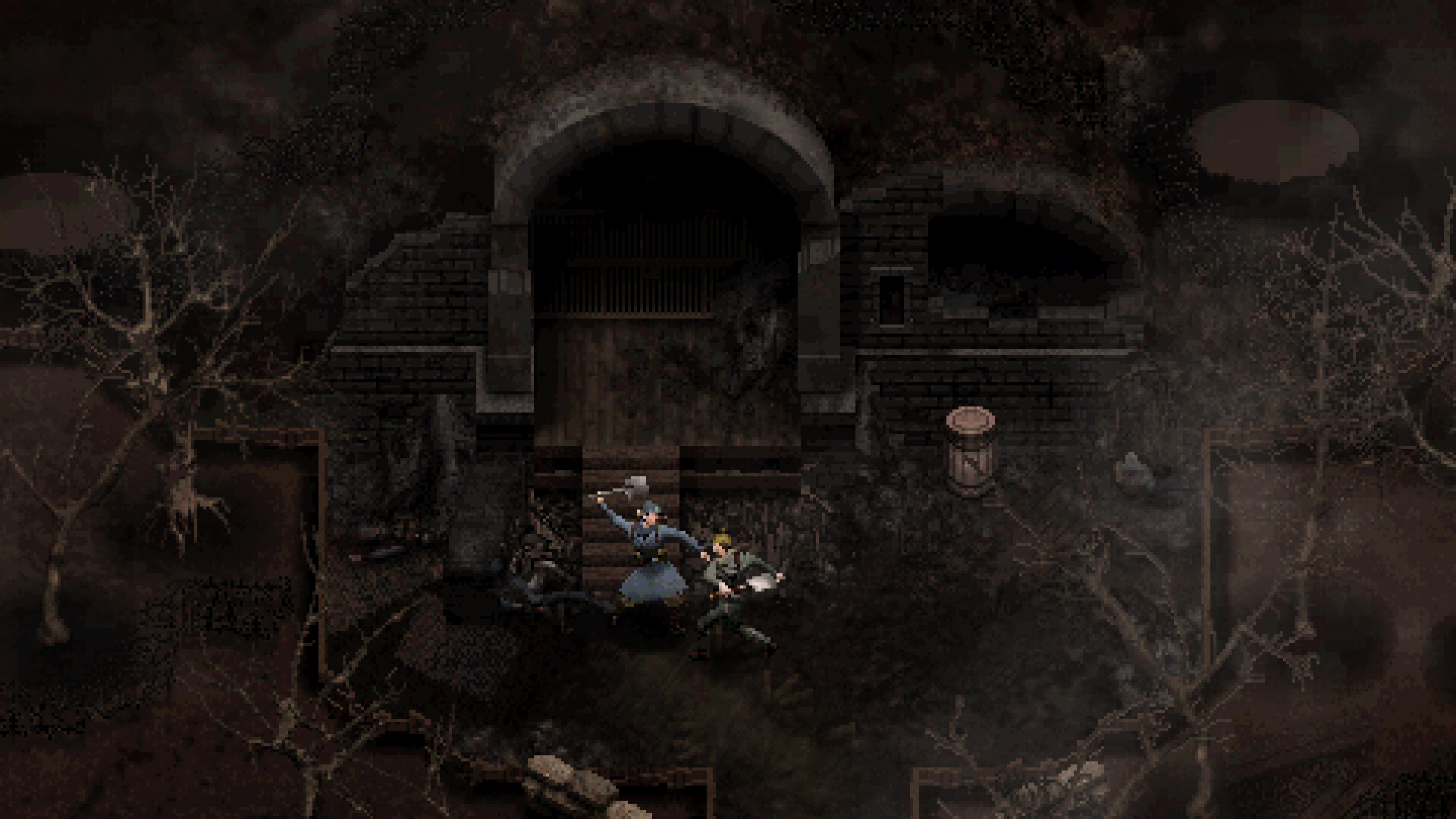
Craig: So, CONSCRIPT seemed unafraid to do exactly what it wanted, how it wanted, at a time when the market had a lot of beautiful but forgettable titles that didn't have whatever it is that makes them stand out from the crowd and get burned into your memory after seeing it. Other Aussie indies like darkwebStreamer, Unpacking and Untitled Goose Game all had the same [effect].
The year before we first saw CONSCRIPT, Unpacking was that mesmerizing, transfixing title at PAX. Last year, it was darkwebStreamer. They all have something unique to their graphics and player perspective that seemed very retro but without any of the clunkiness of old games, and in CONSCRIPT's case there's the 'oh yeah there's some Resident Evil inventory management vibes here' and then, of course, doing serious survival horror without a supernatural element was excellent.
It's a game where the depth is packaged beneath a familiar interface, where you know what you have to do (kill baddies, get stuff, make it to the end of the level, survive) but the more you stick to it the more you see about the game world and the horrors of World War 1. CONSCRIPT is a real standout too because of the guy who made it - Jordan Mochi - is pretty much the closest thing to a true solo dev you get these days.
I'm sure your readers are familiar with some other solo dev titles that have a ton of core roles in the credits as they've been contracted out. [That’s] totally fine for game dev, seriously, but the idea of a real solo dev has become a bit watered down so seeing something stand out this much, gain international attention, attract a big publisher, and ultimately win Game of the Year at the AGDAs in 2024 was awesome to see.
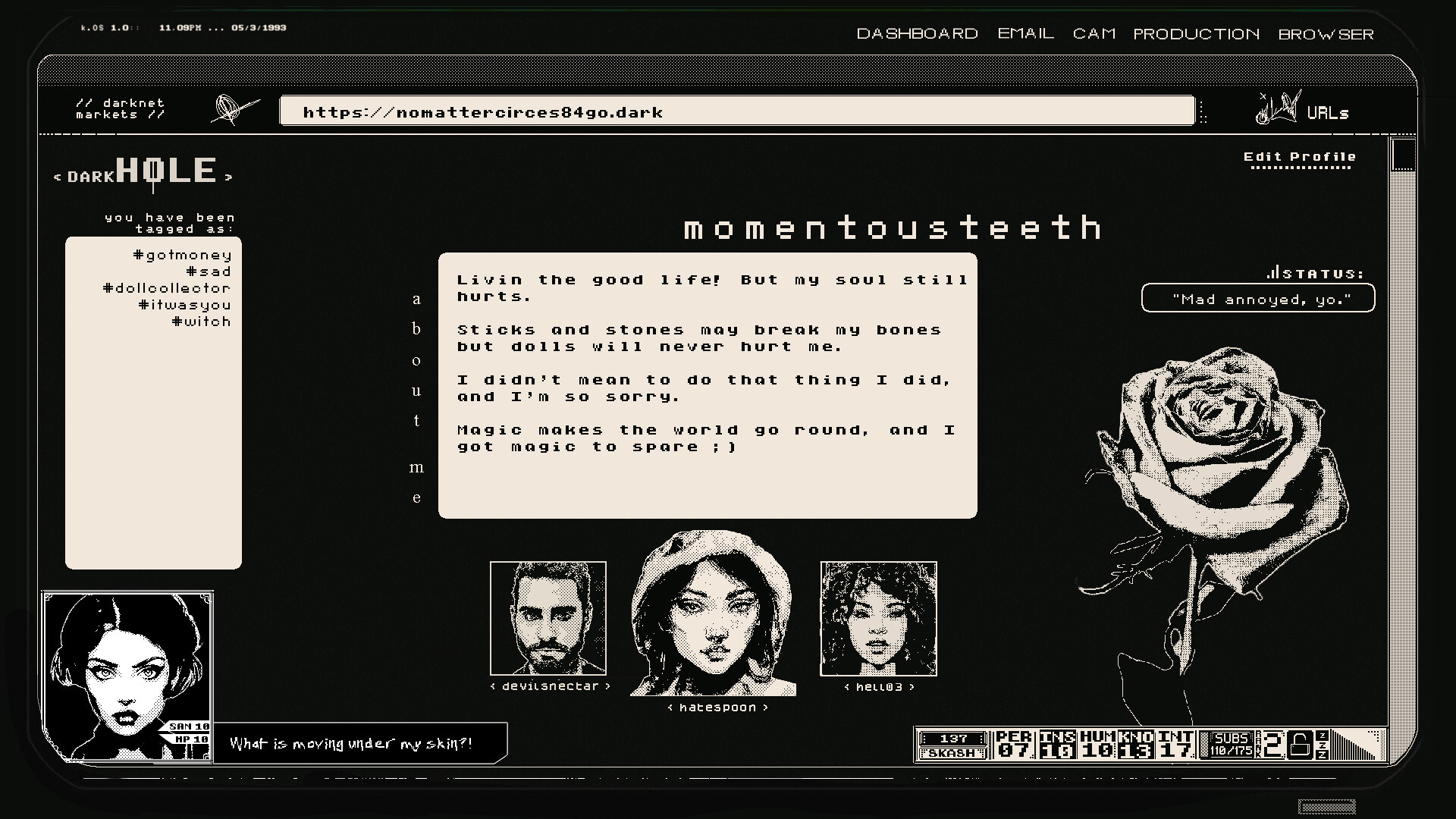
Fergus: I think that the success of CONSCRIPT is tied to more than just the number of people involved but there’s definitely something worth unpacking about that idea of the solo developer and the prestige that it can bestow upon games that are able to sustain that kind of myth-making.
The impact is hard to measure but it feels like there’s something of a bonus in attention and enthusiasm from players based on how few people are attached or receive public credit for a project. Vampire Survivors and Balatro are two obvious and recent examples but earlier eras and older generations of gaming also had their class of so-called auteurs, from Peter Molyneux to Cliff Blazenski and Roberta Williams.
As AAA budgets have scaled up that emphasis on individuals has either fallen on deaf ears or fallen away entirely. Modern games haven’t gotten bigger and more difficult to make, we now have access to a lot more information about what development at that scale looks like. The idea that there’s a single individual in the mix making the magic happen just doesn’t really hold up to scrutiny in the way it used to.
This isn’t to say it never happens though. Just that it’s probably a lot less common than the marketing teams involved might like you to believe. Perhaps part of this is a natural byproduct of the way that consumers tend to engage with these games writ large nowadays. Most people think about bigger and more well-known developers in the same way they do other consumer-oriented brands. Even then though, smaller studios are something of a blind-spot when it comes to this.
As with cinematic auteurs like David Lynch or Martin Scorsese, I think the allure of this individualism is that it makes us feel closer to the work. Video games are really complicated to make. Like films, they involve dozens of technical disciplines. That complexity creates distance between us and the work. By comparison, it's perhaps easier to emphasise with “the ideas guy” because it’s less intimidating to imagine ourselves cast in that role.
The reality is a lot more complicated of course but the real kicker here is that those looking to get into game development have never had more resources to work with. There are solo developers – like Jordan – out there doing great work. Nevertheless, the likes of Indie Game: The Movie have done just as much to mainstream indie developers as new auteurs as they have flatten the nuances of what that looks like.

Craig: We've seen this industry go through and continue to be crushed by the over-investment during COVID to the devastation of studios and jobs that is still all over the games news now. Smaller (budgetary and game scope) tiles such as CONSCRIPT are among the few success stories and I think it's going to stay that way for a while.
"Survive 'til 25" might have rhymed nicely last year but it's not proven to be true, unfortunately. There are already too many games, too many studios, too many graduates trying to enter the industry and players are so overly spoiled for choice. We're seeing a serious oversupply issue and the stat that only 15% of gamers played a title released in 2024 is evidence of that. The tree is being shaken hard at the moment and a lot of people are having a very tough time of it as a result.
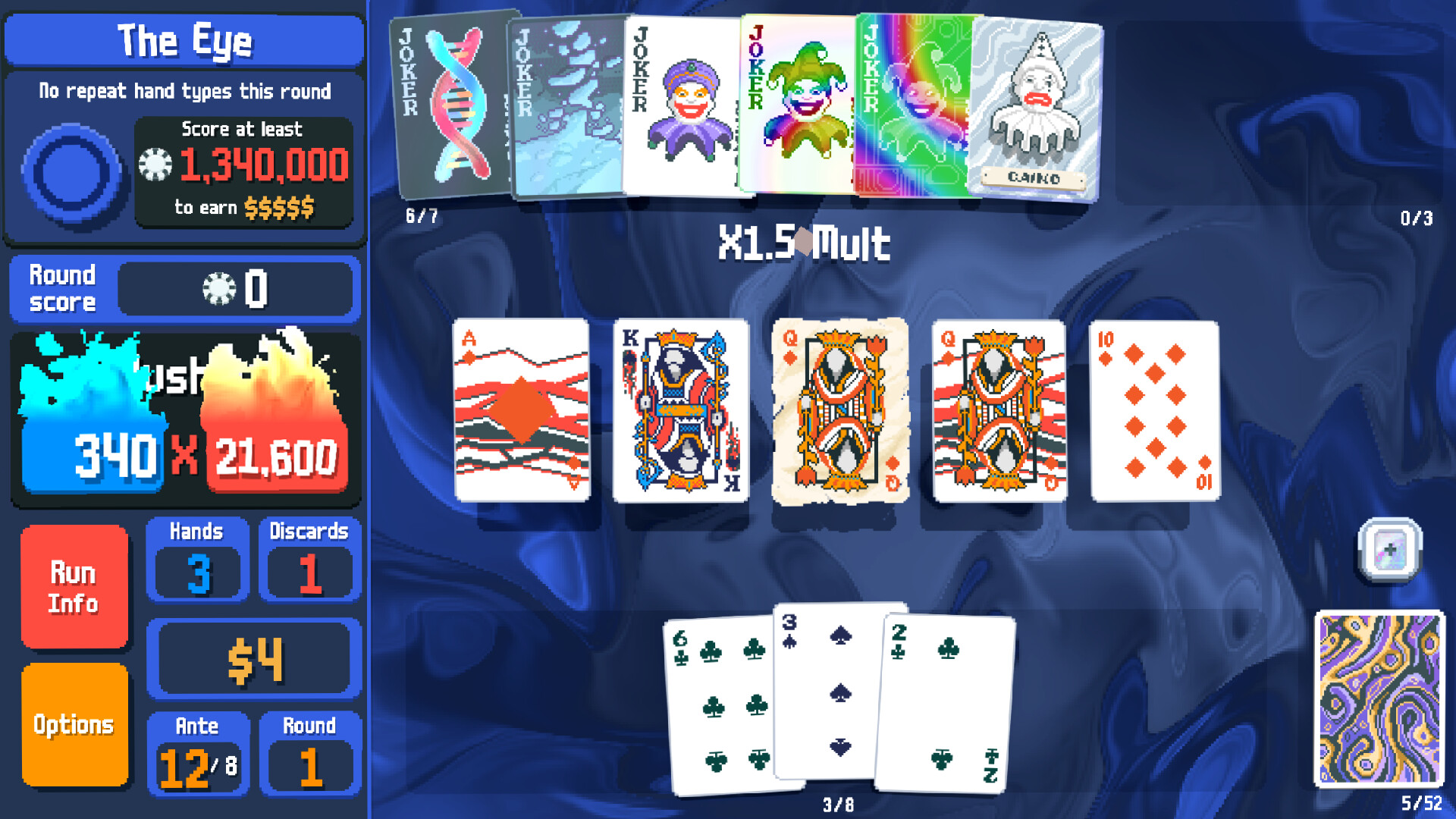
Fergus: Yeah, the reality that these issues aren't going away is very much beginning to sink in. I think when the local industry has gone through troubled times (the GFC, etc) in the past, the one silver has been that it's very good at regenerating itself and building something new out of the ashes of the old.
That's a virtue but at the same time the fact that the sector does go through these booms and busts speaks to the persistence of the overlapping and intractable issues you mentioned. Even if you could wave a magic wand and resolve any one of them, it's difficult to see how that would change the bigger picture all that much.
It sometimes feels like it's become arguably easier to start making a game at all than it is to make a living in the games industry. In that environment, the rise of smaller successes like CONSCRIPT might not be a surprise but it could well be a sign of things to come. The gaming industry has always been overly and overtly hit-driven, but it used to be possible for a studio to financially recover from a miss or two.
Nowadays, only the luckiest get even a single second chance and the hurdles you’ve got to overcome to make a hit are steeper than ever. First, you’ve got to make something. Then, you’ve got to make it on budget. Also it’s got to be fun and – ideally – better or more compelling than both whatever else is currently in the zeitgeist and the half a dozen forever games that are monopolising the spare time and attention of more casual gamers. Finally, you’ve actually got to get noticed online by the right people and if you don’t cross that very last barrier then everything before it may well have been for nothing.
The gaming landscape has never felt more like a casino, so perhaps it's no surprise that more and more folk are looking to play the odds. A solo developer is never going to make the next Baldur’s Gate 3, but the next Balatro hardly seems like a poor consolation prize. Even if you don’t hit the moon, the underlying economics of solo development mean that even a modest success might be enough to keep you in the game long enough to get closer the next time around.
Solo developers like Jordan might face some barriers when it comes to scope but in some ways they’re potentially a lot more nimble when it comes to navigating these intractable challenges than a bigger studio might be.
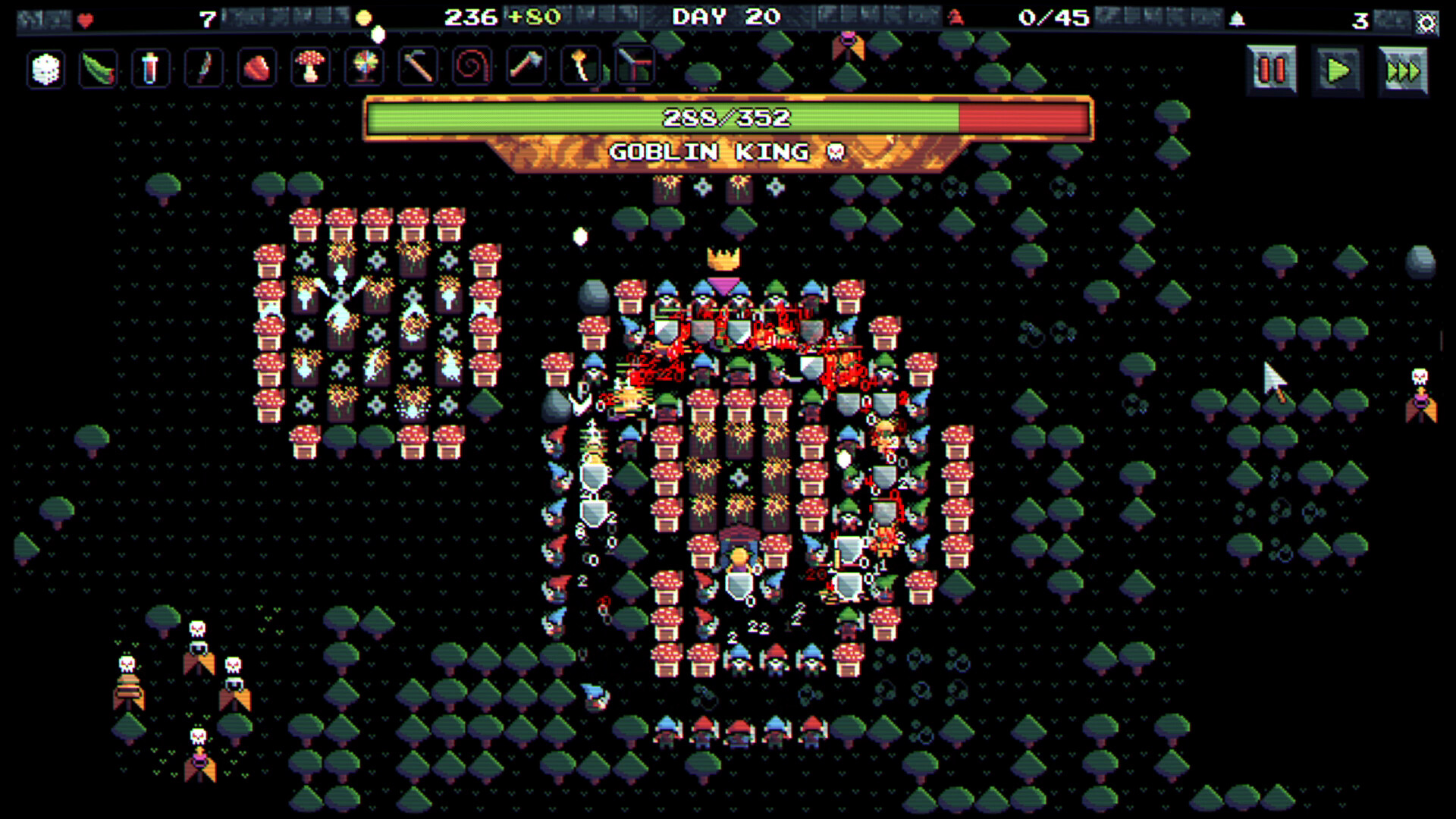
Craig: So, I think virtually all entertainment industries are hit-driven by nature - music, film, books, etc. There's nothing unique about gaming in this regard. It's simply how creative markets tend to work, with success typically following a power law distribution rather than a normal curve, and it's a... I don't want to say 'natural' phenomenon, but a normal one. As in, I think these are just market realities.
This is an industry - say what you want about art, creative pursuits, the elevation of some games for being more than just entertainment (and I certainly believe many have). But this is still a for-profit entertainment industry. Luck absolutely, 100% plays a role, but I don't want to discount the contribution that grit and hard work make to this as well.
Let me go back to Jordan and CONSCRIPT. I know that guy put in hours beyond hours to make his game and to do everything he could to make it a success. At gamescom he was literally the last guy at the Australia stand in the evenings, after the rest of the contingent had called it a day. He doesn't make excuses when things go wrong. He works very hard.
Now, let's take Tommy and Patrick, the two guys at DYSTOPIAN behind Gnomes. I have been extremely impressed with how much they have done on a tiny budget and many, many hours of hard work. They've now sold over 10,000 copies in the first few days... maybe way more than that as I write this as I don't know the exact figure.
One thing that Gnomes and CONSCRIPT have in common is that they are good games. Balatro is an absolute outlier unicorn of a title. The top 0.1% of the top 1%. But again it's all about quality. It is one of the best games ever made.
In terms of being like a casino, I'd say it's more like a poker table than a roulette wheel. You can strategise at poker. You can learn to read your opponents. You can make sound plays based upon incomplete information. You can look at your hand, analyse the pre-flop action, look at the community cards, and also 'play the player'. When you bet on a roulette wheel you are giving it all up to chance. When you carefully, methodically and analytically play poker against other humans you can have an edge. I see the games industry being far, far more like that. In poker, luck is still a factor, and good players try to do everything they can to maximise the role that skill plays, and minimise the role that luck plays. However, given luck is involved, it's a game where you can play perfectly and still lose.
If we continue with the analogy then we can consider the World Series of Poker Main Event, which had over 10,000 entries in 2024. To make the final table or to run deep requires not only immense skill, endurance and grit, but also avoiding getting unlucky many times over. 10,000 is still half the number of games released on Steam last year, but my point with this extended analogy is that, yes, luck plays a role, and there are things you cannot always be prepared for. Global economic events, unexpected publisher/corporate 'restructuring', huge unannounced games released just before yours that eat your market share. These are the elements of luck we can't control, so it's best to focus on what we can.
Solo development is often a deliberate choice some people make, and not a fallback position. They succeed through perseverance, focus, commitment, and an element of luck. They can be some of the most successful community-builders and have strong followings without huge marketing teams. Developers like Jordan, Tommy and Patrick... their success comes from deliberate choices, being thick-skinned, investing years in developing their skills, and going on to focused execution - not just getting lucky at the game development casino. It's strategic play with an element of chance... not just putting it all on red and hoping for the best.


